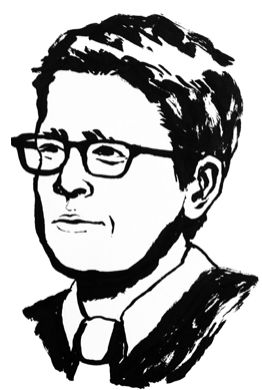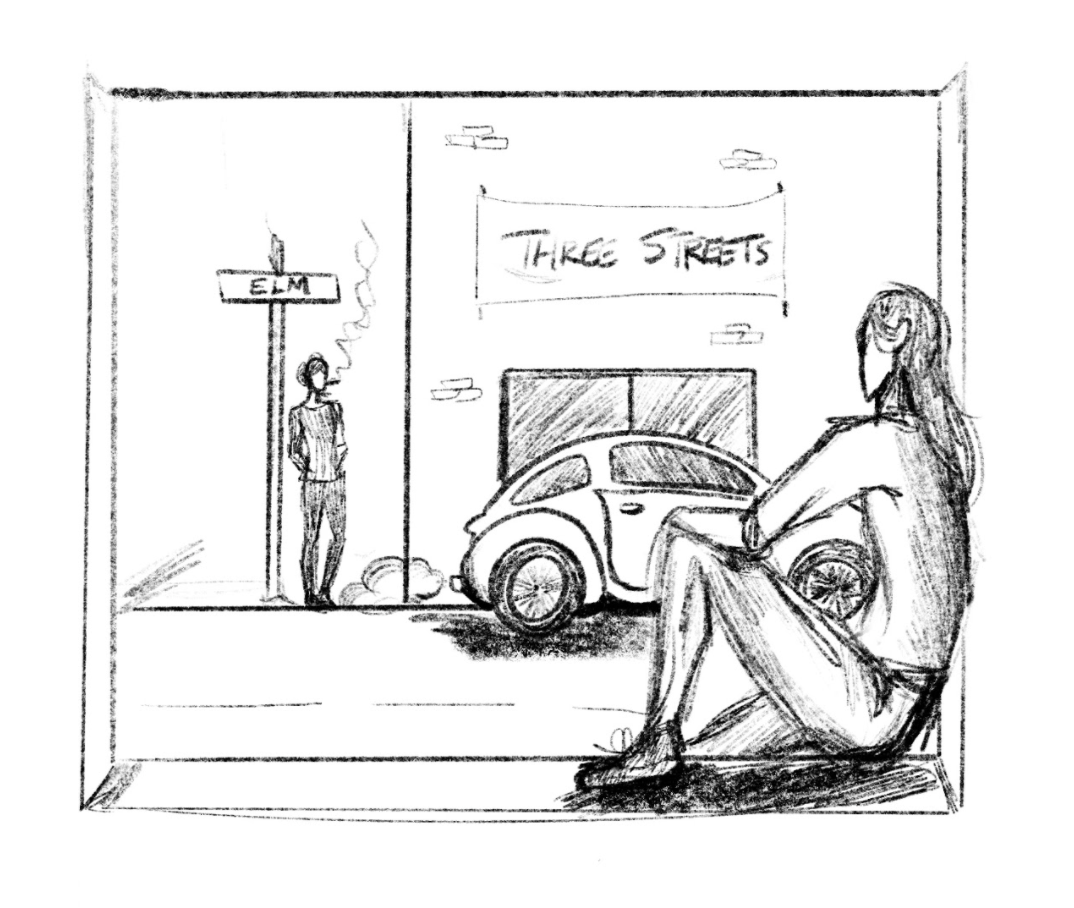
Jay Carney ’87, a former managing editor of the New Journal, served as the 29th White House press secretary until his resignation this past May. He is now working as a commentator for CNN. He spoke with TNJ about politics, media, and whether or not The Onion has it right. Interview conducted by Noah Remnick.
Last summer, The Onion published a fake op-ed under your byline titled “Well, Time To Go Out In Front Of A Bunch Of People And Lie To Them.” What do you make of this idea that you and other press secretaries are really just in the business of deception?
One of the things people ask me, having left the White House after five years, three and a half as press secretary, is, don’t you feel liberated now? I felt liberated when I went. I wasn’t an advocate, I didn’t take sides as a reporter in elections or align with a party or even an ideology. Having the opportunity, as I did, to go to the White House and work for a president and vice president that I believe in and a series of policy initiatives that I dealt with and to talk about them was actually very liberating. That’s my view. And I think it’s a little simplistic to say that because you’re representing the president and the administration and the country that you’re somehow being untruthful.
One allegation often levied against the Obama administration is its excessive use of the Espionage Act of 1917 to go after whistleblowers. Is it at odds with Obama’s promises of increased transparency?
For the people who say blindly that this administration is an enemy of the free press, it’s just ridiculous. It very strongly supports shield laws and has pushed Congress on that. The new standards are the best there have ever been. The fact of the matter is that you have a convergence of existing cases that were started under the Bush administration and technologies that are so different now. When there are national security leaks, it’s serious. There are consequences, they can be sometimes extremely damaging.
I’m curious to hear about your switching sides, so to speak, from journalist to press secretary. You told The New York Times, “If I had known then what I know now, I would have succumbed less often to chasing the same soccer ball down the field that everybody else was.” Do you think the press often succumbs to a herd mentality?
In Washington, every issue or challenge or problem or obstacle is a sensation or scandal. When that happens, there is a starting gun that goes off and people chase the story. And sometimes when you get a mass of high-profile reporters from the most prominent news organizations chasing the same story, it suggests a legitimacy to the underlying story that may not be there. Sometimes it is. Obviously there is a lot of important stuff that happens, a lot of bad things have happened in government and policy. But I think there is a lot of hyperventilating, and things turn out to be a lot less important than the reporting at the time suggested.
The instinct is correct to hold power accountable. That instinct needs to be nurtured, but there need to be editors and others around who have the perspective to know when a story is Watergate or not. Everything becomes “the worst thing since….” There’s only going to be one Katrina. There’s only going to be one Watergate. There’s an effort to hype every story beyond what the facts can bear. And I don’t think it’s a conspiracy, I just think it’s a function of the way the press works in Washington.
The administration went out of its way to give interviews to and to take questions at press conferences from new media ventures like the Huffington Post. Where do you think the president a generation from now will be giving interviews to?
When I was at the White House, you still always had to find your audience. It’s just a lot more complicated now than it was under Reagan and Bush and even to some degree Clinton. For this president and his successor, it will just be more of a challenge. If he gives a major speech in the afternoon, it’s almost a guarantee that no one will even know it happened. It’s no longer likely even that network news will cover it. If they do, their audiences have shrunk dramatically.
So that’s why we’ve done so much to put the president in new media environments, like Google Hangouts and Twitter interviews and getting young people to enroll with the Affordable Care Act through Between Two Ferns, which obviously I know is not a real interview, but it was a way to reach people and it was very effective.
Not everything we did worked, some of it was a little awkward, but by and large it was pretty successful. You have to be cautious and conservative when you’re dealing with how the president interacts with the media, but I’m sure there will be things you and I can’t even dream of that presidents will be doing in ten years.
After graduating from Yale, you worked for the Miami Herald and Time magazine. If you were graduating this spring with an interest in journalism, what would you be doing?
The economics of it are extremely challenging, up and down, from the starting reporter and writer to the publisher of any publication. But I think that the universe is settling a little bit, and when you look at the strength of The New York Times and the Wall Street Journal—and the Washington Post is actually on a rebound—there’s hopefully longevity there and they actually have digital strategies as well.
The most exciting place right now in terms of the written word is in the startup universe—not the digitization of old media, but publications that have started online. Vox.com comes to mind as one that is just, I think, excellent. It provides extremely high quality reporting and writing. It provides a real public service with its approach to explanatory journalism. I might gravitate in that direction. In the end, if you can get the economics right, there’s always going to be a place for long-form magazine journalism, at least I hope.
Noah Remnick is a senior in Ezra Stiles College. He is a senior editor of the New Journal.


